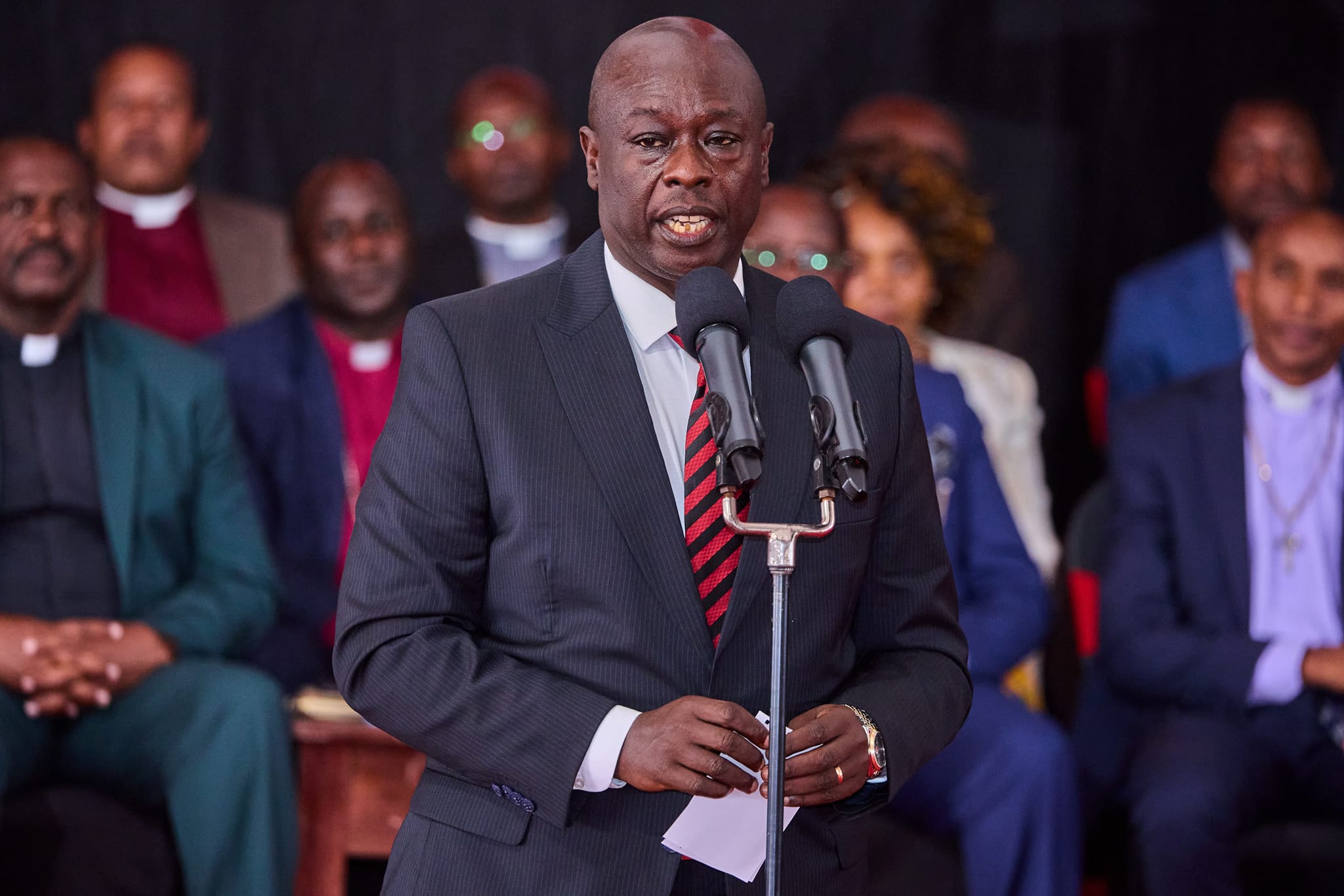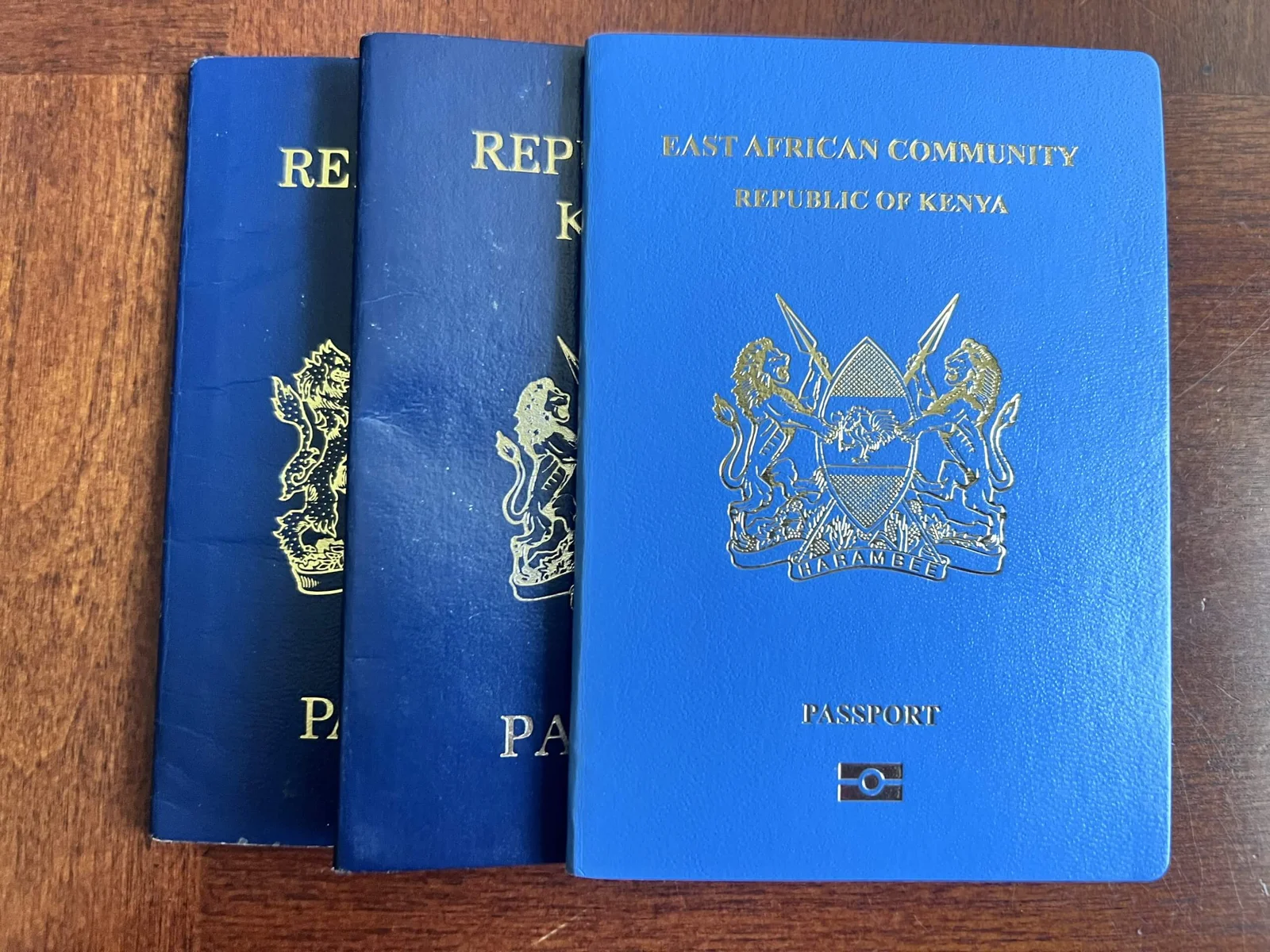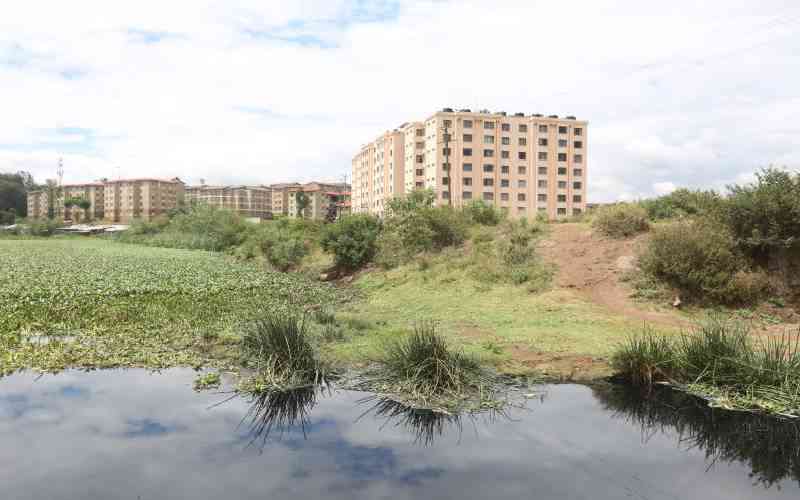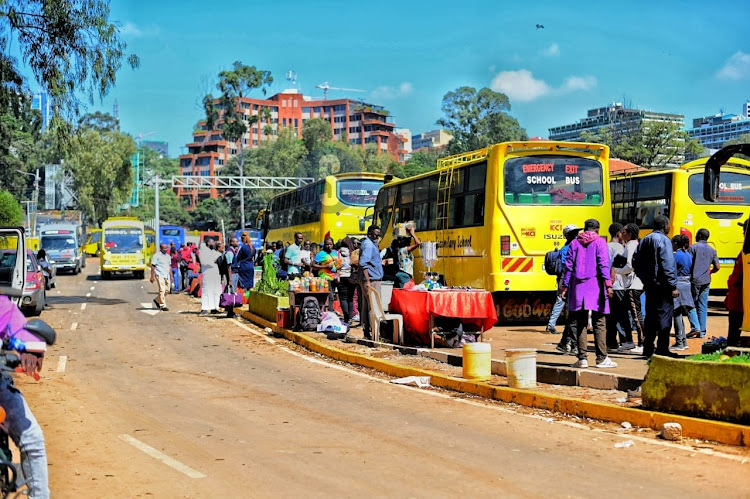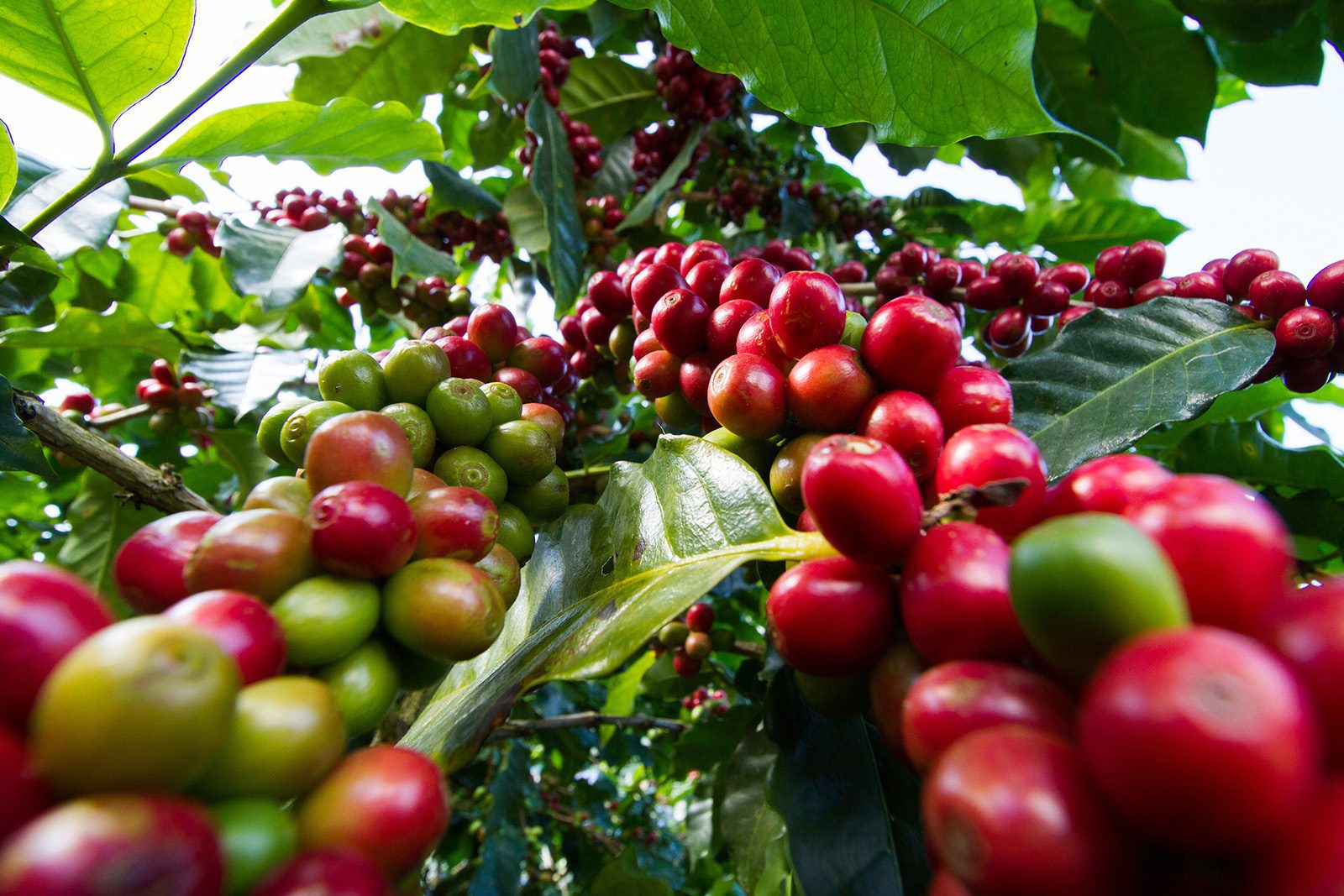
Kenyan tea farmers have witnessed a jump in earnings by a 17.6% increase, as was promised by President Ruto in his campaign trail. Prices increased from 50.18 shillings for a kilo of Greenleaf to 59.02 shillings. Tea value export also rose from 8.7 million bags to 20.3 bags in the first year of Ruto’s presidency.
One of the most pertinent challenges the sectors experienced was the presence of unscrupulous brokers and middlemen. Corruption and lack of transparency were the order of the day in matters such in the issuance of fertilizers.
With the successful farmers’ registration exercise that the government conducted in 2023 tea and coffee farmers have been able to receive government-subsidized fertilizers.
In August 2023, the Nairobi Coffee Exchange resumed trading, giving coffee farmers in the country a platform to sell their produce directly to the buyers, thereby eliminating unscrupulous middlemen and brokers.
There has been notable growth in NCE, with sales skyrocketing from Sh54.8 million to Sh824 million in just 5 months. Average coffee prices increased to $194.22, ensuring improved financial returns for farmers.
The auction witnessed a record-breaking 23,167 bag trades since its reopening, indicating a flourishing market.
Coffee farmers have seen a substantial rise in payment rates from Sh20 to Sh80 per kilo. This has greatly improved the financial well-being of many farmers in the country. With the introduction of a new payment system for clarity in transactions, farmers are assured of timely and correct payments as well.
The government successfully increased the Coffee Cherry Fund to 4 Billion Shillings which has allowed for the increase in prices of coffee to the current 80 shillings mark.
President Ruto as well as his Deputy, H.E Gachagua have made strategic efforts to expand international markets, with ongoing discussions for improved trade agreements with Belgium, Dubai, and Germany.

